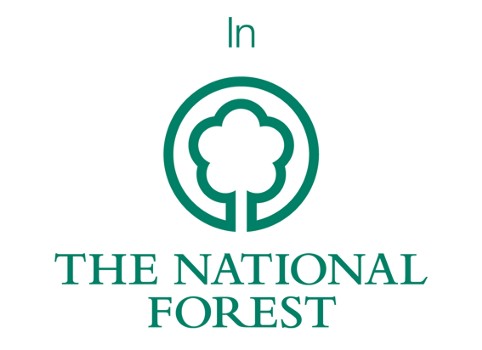At an Evening Meeting of the Royal Geographical Society on 24th March, 1879 Sir Archibald Geike deleivered a lecture on Geological Evolution. He was one of he first people to recognise that human activity had the potential to affect the environment on a geological scale - anticpating the concept of the Anthrpopocene. Though we may find the concepts of 'subduing the Earth' and 'enslaving Nature' jarring in amodern context, surely this is one of the earliest recognitions that Humanity has to work with, not against, natural forces.
"It must be owned that man, in much of his struggle with the world around him, has fought blindly for his own ultimate interests. His contest, successful for the moment, has too often led to sure and sad disaster. Stripping forests from hill and mountain, he has gained his immediate object in the possession of their abundant stores of timber; but he has laid open the slopes to be parched by drought, or swept bare by rain. Countries once rich in beauty, and plenteous in all what was needful for his support, are now burnt and barren, or almost denuded of their soil. Gradually he has been taught, by his own bitter experience, that while his aim still is to subdue the earth, he can attain it, not by setting nature and her laws at defiance, but by enlisting them in his service. He has learnt at last to be the minister and interpreter of nature, and he finds in her a ready and unrepining slave."



